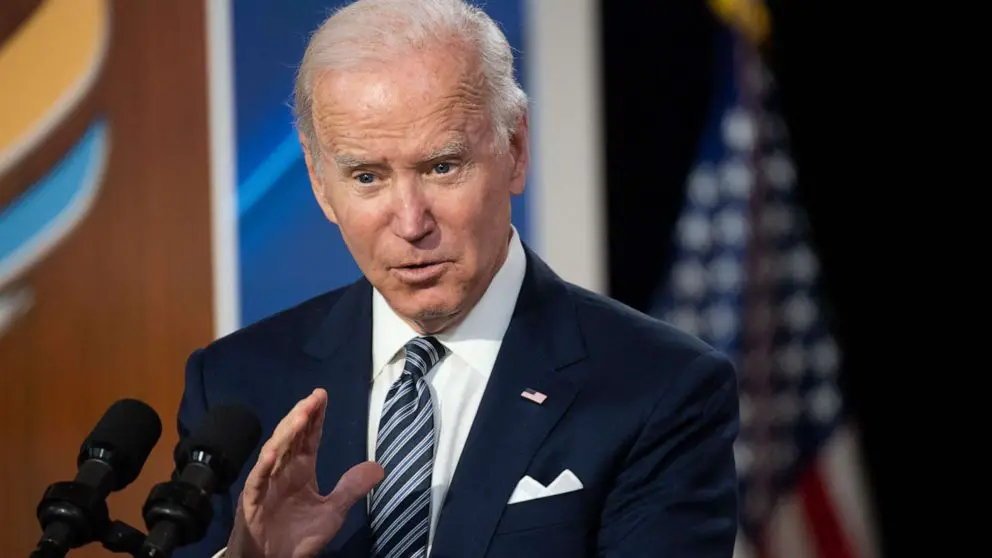
Supreme Court Justice Clarence Thomas is questioning the constitutionality of President Biden’s student loan forgiveness program, which was the subject of oral arguments this week.
During the hearing, Justice Thomas grilled the Biden administration with questions, signaling that he does not believe that the White House had the constitutional authority to enact such a program.
The case, Biden v Nebraska, involved six Republican attorneys general who argued that the program is an overreach by the president.
US Solicitor General Elizabeth Prelogar defended the program, stating that if the pause on payments is allowed to end without a plan in place, defaults and delinquencies will surge above pre-pandemic levels. Prelogar also argued that Congress authorized the education secretary to waive or modify any title for provision in emergencies to provide financial relief to borrowers.
However, Justice Thomas questioned whether a waiver or modification could equate to the cancellation of student loans. He also asked Prelogar to clarify the distinction between the cancellation of student loan debt and grants that Congress is responsible for appropriating.
Meanwhile, President Biden expressed uncertainty about whether the loan forgiveness program would pass constitutional muster under the parameters established by a majority of justices.
Justice Brett Kavanaugh noted that “some of the biggest mistakes in the court’s history were deferring to assertions of executive or emergency power,” while liberal justices like Elena Kagan defended the move as legal under the “very broad language” of the 2003 HEROES Act.
However, Nebraska Solicitor General James A. Campbell, who argued on behalf of the half-dozen states that filed suit, disagreed, stating that “it can’t be adding just anything the secretary wants.”
It remains to be seen how the Supreme Court will rule on the matter. In the meantime, passionate Republican voters who believe in limited government and strict adherence to the Constitution may view Justice Thomas’s questioning as a sign that the program is not legally sound.
